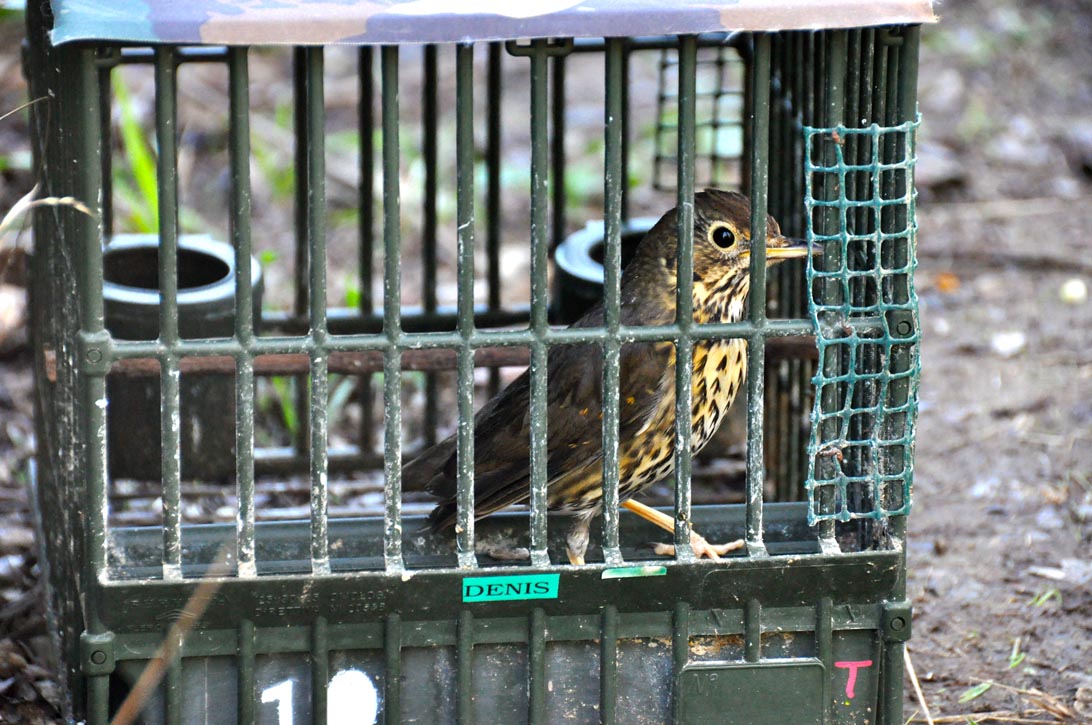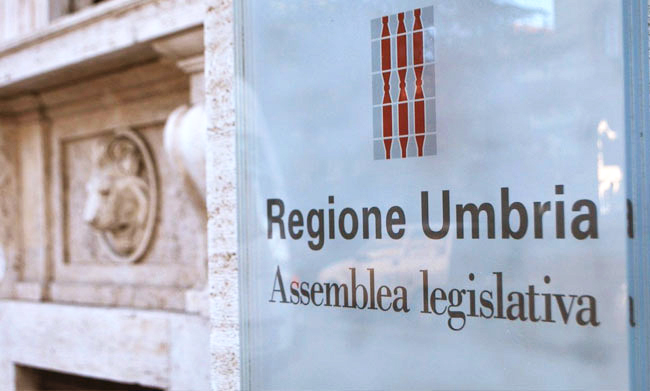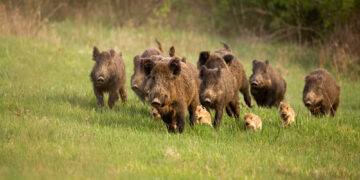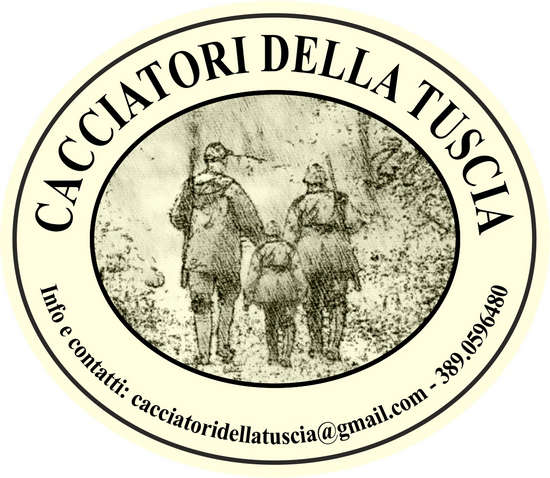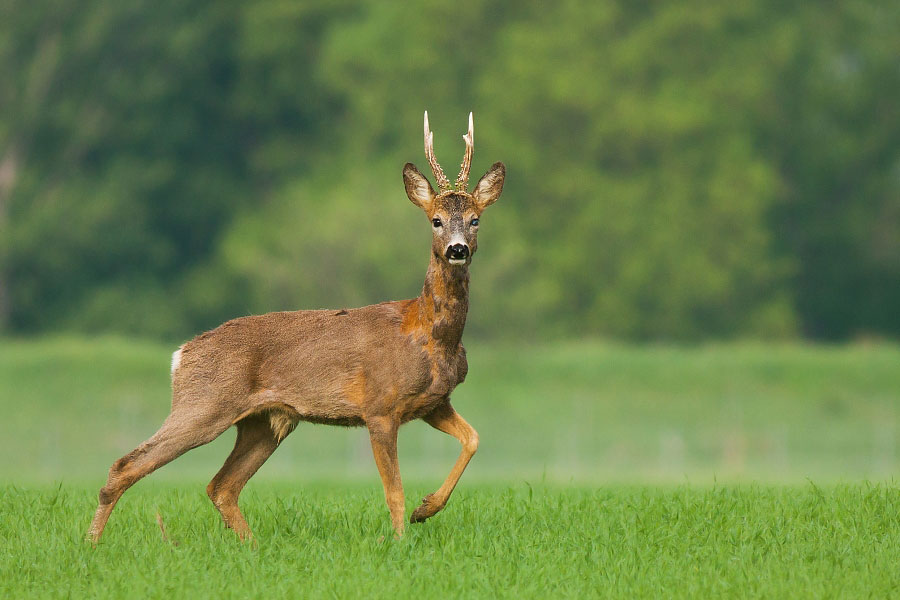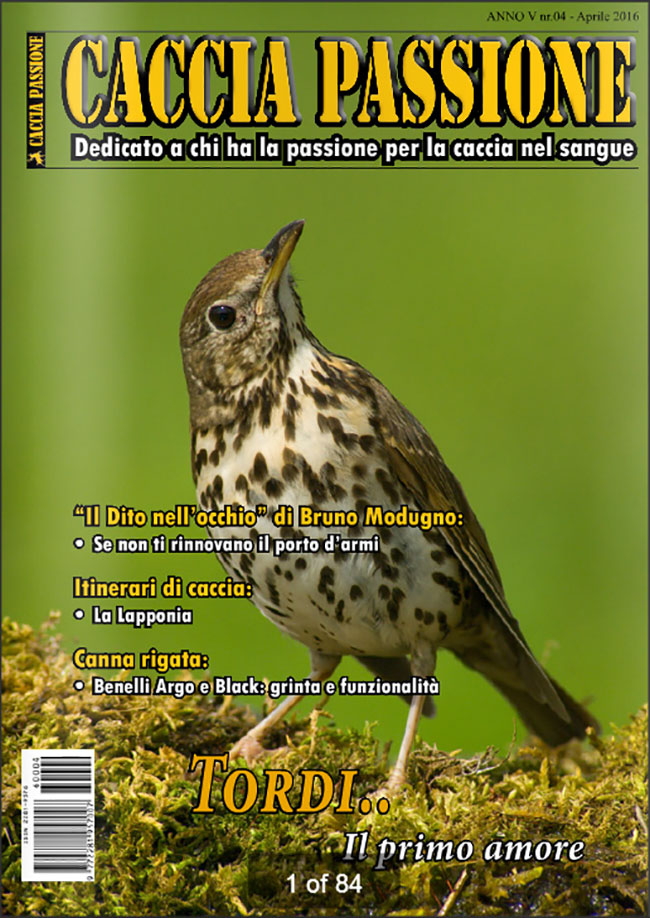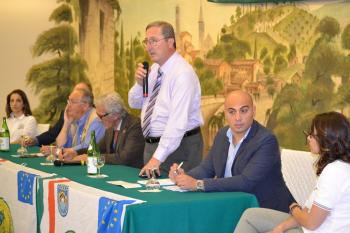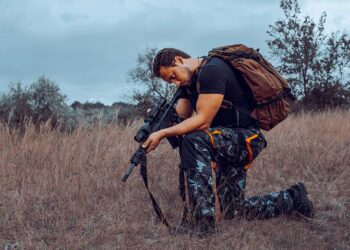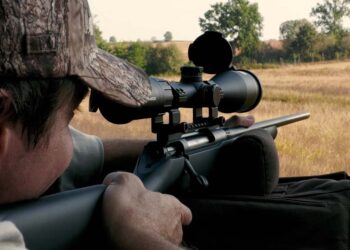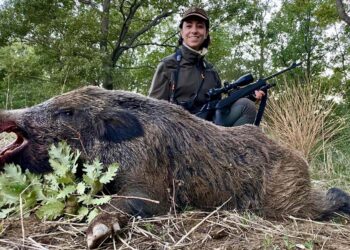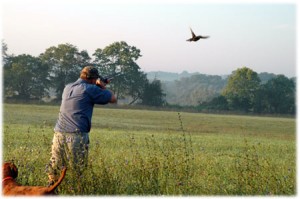
The meeting was called very useful, especially for plotting a comparison between Friuli Venezia Giulia and neighboring Slovenia. Specifically, the problems that have surfaced are very similar, first of all the one related to boars. During the conference it was denied several times that in Slovenian territory there are more permissive behaviors regarding the hunting of the ungulate, given that in the Balkan nation the activity is limited at night and is only allowed when dealing with certain critical issues. An alarm was then raised that should not be underestimated: both in Friuli and in Slovenia we must deal with the decline in the number of hunters and the inevitable increase in the average age of those who provide for the balance of wildlife.
As pointed out by Ebner, it is mistakenly believed that hunting is an end in itself and aimed only at the pleasure of killing animals, but the role of hunters is completely different and is useful to nature, as we are talking about a functional tool for sustainable development. Among other things, Raimondi remarked how the rules differ from region to region, as a result the context is constantly changing and so does the needs of all the protagonists.
The frequent intervention of the European Union legislation is very particular, given that the Community institutions have in fact no direct competence in the matter. Panontin invited everyone to greater intelligence and above all common sense. The commissioner recalled what happened last summer, when the wildlife hunting plan was adopted later a wait of over two decades: this same plan was challenged twice before the Regional Administrative Court, a bureaucratic complication that could now give rise to some unforeseen problem.








